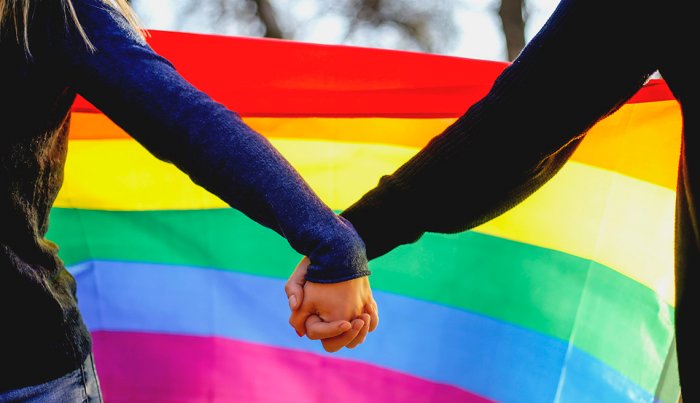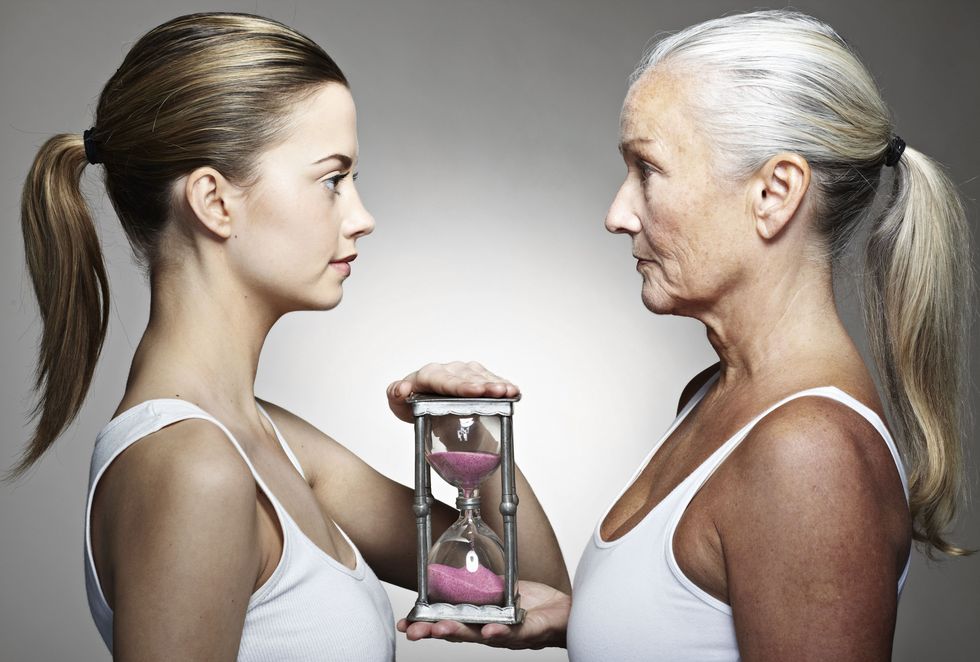Women Coming Out Later in Life
Ronete Cohen MA
Coming out late in life.
Five words that raise so many different questions: Did you always know or did it hit you one day like a bolt of lightning?
Did you live a life that felt like it was someone else’s life before, or did it feel good and right? Did you notice little things, easy to ignore at first, but gradually becoming stronger, longer, bigger; eventually overwhelming? Would you define yourself as lesbian or bisexual?
There are too many stories for me to try and tell them all, but I can offer a glimpse. One thing that all older women have in common, is that they came of age in a different era. There were far fewer options for women (and for men), and far less room to challenge or even question the conventions of the time: getting married to a man, having kids. Many who did question, never dared breathe a word of it to anyone. Who would they tell? Nowadays, we have the internet. It puts us in touch with a huge community, however virtual, that makes us feel less weird and more accepted and supported. Yet despite that, many of us still feel isolated and scared. Can you imagine how much more difficult to find others like you it would have been back then? It required not only a mental journey, but often also a physical one. It required risking a lot, if not everything, something that wasn’t an option for everyone. So often it was easier to get married to someone you liked, or maybe even loved in some ways, and have children. By the time the children came along, leaving stopped being an option – you would end up hurting too many people so you stayed.
Many women couldn’t even imagine a world without a family of their own back then, in the days when a female couple starting a family was unthinkable. Lesbians were more invisible and less assertive than they are today. Homophobia was a lot worse, which isn’t an easy sentence to write when you know that it’s still very bad, especially in some countries. Even if anyone had dared raise the possibility of civil partnership or same-sex marriage, there would never have been such widespread acceptance for it as there is today even in countries where it is now a fact of life. It was a lot more difficult to find likeminded women. It was even more difficult to imagine your family and friends accepting you and supporting you. When you feel like you’re the only one, when you feel that being yourself means a very real risk of rejection and abandonment by everyone you care about, coming out and living the life you want simply isn’t an option.
Some women who married men didn’t enjoy the sex and just put up with it – a very sad thing to have to contemplate.
But that’s not the case for all women. For some, their previous relationships with men were genuine, loving and sexually fulfilling. Many assume that we are all either 100% straight or 100% lesbian. The reality is that the majority of us are on different points somewhere in between the two extremes, with very few of us at the 100% point on either side. A not insignificant number of women who come out late in life, are actually bisexual, first falling in love and having a relationship with a man, then later falling in love with a woman. They may not always have been aware of the fact that they are bisexual.

Research that confirms that a significant number of women have a more fluid sexuality, with patterns of attraction changing over time (which is probably true for men too, but there are so many taboos about male same-sex attraction that men don’t admit to it as easily as women do). This means that some women can be attracted to different genders at different times in their lives. This is how many women experience their bisexuality. There is a lot of misinformation and many misunderstandings about bisexuality: that all bisexuals are attracted to both genders equally and in the same way (i.e. that you will find all bisexuals on the “50% straight – 50% bisexual” point of the scale), or that they are attracted to both at the same time. While this may be true for some bisexuals, it is far from true for everyone. So coming out late in life doesn’t necessarily mean coming out as a lesbian and rejecting previous relationships with men as a mistake. It can also mean realizing you’re bisexual. Since those around us tend to define us by the gender of the partner we are currently with, many women who come out are automatically labelled as lesbians, even when they themselves identify as bisexual. Just for the record, this isn’t a one-way street: women also go from lifelong relationships with women to a relationship with a man.
So, basically, some women have always known. Some knew deep down and had to work very hard to make sure no one else noticed they weren’t like everyone else. Others were just as shocked to discover the truth as everyone around them. Others still were the last to know – everyone around them had always known or suspected. Some spent years living a life of pretence, miserable in secret, putting on an Oscar-winning performance. Others were happy. Their relationship came to an end like many other relationships do, only this time they happened to find a new relationship with someone of the same gender. Some always felt something they couldn’t quite put their finger on, that they weren’t like everyone else, that they couldn’t get excited about the same things. Then one day it all made sense. The penny dropped. Like I said, it’s different for everyone.
Ronete Cohen MA
Certified APT-Therapist and Certified APT-Trainer
Clinical Associate Pink Therapy
Reg. MBACP



